Table of contents
Key Takeaways
Polycystic ovary syndrome (PCOS) is one of the most common causes of infertility in women. In fact, 1.4 million Canadian women are estimated to have PCOS today. While symptoms can appear as soon as a menstrual cycle starts, many women are not diagnosed until their 20s or 30s.
While many women diagnosed with PCOS believe they can’t conceive, the condition is often manageable.
In this article, we’ll discuss the 7 best PCOS natural supplements that can help women restore their regular menstruation and ovulatory cycles, improve PCOS symptoms, and increase fertility.
Turning the Tide on PCOS-Related Infertility: How Supplements Can Help
While PCOS is to blame for almost 70% of infertility cases, being diagnosed with PCOS does not mean it is the end of your fertility journey. In fact, you might just require more help getting pregnant with natural supplements and treatments.
The reason PCOS can affect fertility is that it causes hormonal imbalances that can impact ovulation patterns. This leads to difficulty getting pregnant as women cannot get pregnant if they are not ovulating.
The good news is that PCOS can be managed with supplements that help correct many of these hormone imbalances. With the right PCOS supplements, women can improve their chances of getting pregnant naturally by up to 70%. Our list below provides further details about PCOS supplements for fertility, and why they work.
Inositol: A Key Supplement for Overcoming PCOS-Induced Infertility
Inositol is a sugar found in things like cantaloupe, citrus fruit, and many other fibre-rich foods. It is often prescribed to both pregnant women and women struggling with PCOS.
Inositol is one of the first natural supplements for PCOS supplements women should look into when experiencing infertility. This is because almost 70% of women with PCOS experience insulin resistance. In other words, the body is producing excess levels of insulin, causing hormonal imbalances. These hormonal imbalances can affect healthy egg development and disrupt a regular ovulatory schedule.
Our Ovofolic supplement includes both myo-inositol and D-chiro-inositol. They are both isoforms of inositol, which means they are similar but not identical. Myo-inositol mediates glucose uptake and follicle-stimulating hormone (FSH) signals. While D-CHIRO-Inositol can create a healthy intra-ovarian milieu, which will help correct hyperandrogenism. Hyperandrogenism is an excessive amount of testosterone in women that can sometimes be caused by insulin resistance affecting their hormone levels.
Both forms of inositol are effective in improving ovarian function, with a recent study concluding that myo-inositol can decrease insulin resistance in 72% of patients. These patients were also able to maintain normal ovulatory activity following the study.
The Crucial Role of Folate and Folic Acid in PCOS Treatment
Folate is highly recommended to be combined with an inositol natural supplement. Folate is a B Vitamin found in superfoods like leafy greens, eggs, lentils, and beans. Humans do not create their own folate so we often need supplements to ensure we get enough. Folic Acid, while often interchangeable with folate, is a synthetic form of folate that isn’t active until digested. Daily folate supplementation among women with PCOS can have major beneficial effects on metabolic profiles.
Folate is a prenatal vitamin for both before pregnancy and during, as it promotes the healthy development of the fetus. Folate particularly helps prevent any neural tube defects such as spina bifida. Spina bifida is when the neural tube does not close all the way and can happen anywhere on the spine, often resulting in damaged spinal cords and nerves.
The combination of folate and inositol supplements, taken daily, can improve insulin function and promote ovulation in 60% of women.
The Benefits of Vitamin B in Managing PCOS Symptoms and Enhancing Fertility
While folate is a type of vitamin B, there are many different types of vitamin B that are beneficial for women with PCOS. Vitamin B can be found in whole grains, meats, eggs, legumes, dark leafy greens, and more.
One of the main reasons vitamin B is so helpful is because it helps reduce inflammation by breaking down amino acid homocysteine. Levels of homocysteine are commonly a bit higher in PCOS patients and can be linked to reduced fertility and miscarriages. Vitamin B is important for pregnant women to take as well as it can be essential for fetal growth and healthy organ development.
Vitamin D: A Vital Nutrient for Improving Fertility in PCOS Patients
Vitamin D is a fat-soluble vitamin naturally found in salmon, egg yolks, mushrooms, etc. We also produce vitamin D naturally when our skin is exposed to the sun’s UV rays.
Interestingly, 67-85% of women who suffer from PCOS have a vitamin D deficiency. A vitamin D deficiency can reduce your odds of a live birth by up to 40%, independent from the effects of obesity and insulin resistance.
Vitamin D plays a major role in follicle-stimulating hormone sensitivity, ovarian follicular development as well as progesterone production, all of which can heavily impact a woman’s fertility. Low vitamin D can also increase a woman’s risk of insulin resistance, which as discussed above, can really disrupt menstrual regularity and ovulation.
Magnesium: Addressing Deficiency to Boost Fertility in Women with PCOS
The nutrient magnesium helps regulate our blood glucose levels, blood pressure, as well as helps make proteins, bone, and DNA. Women with PCOS are 19 times more likely to be magnesium deficient compared to women without PCOS.
A lack of magnesium can cause hormone imbalances like insulin resistance that directly affects fertility. A magnesium supplement works to help reduce insulin resistance in PCOS patients, as well as reduce any inflammation and ease painful PMS symptoms. In combination with a supplement, a single serving of walnuts a day can also help you reach your recommended daily amount.
Zinc Supplements: Enhancing Hormonal Balance and Fertility in PCOS
While zinc deficiencies are uncommon in the general public, they are very common among women with PCOS.
Zinc is a mineral that our cells need to destroy bacteria and viruses, it also helps our DNA tell our body how to work and function properly.
A zinc deficiency can be linked directly to an insulin resistance causing abnormal hormone imbalances and irregular ovulation cycles. Taking zinc supplements regularly for PCOS can help regulate cell growth improving hormone release that directly impacts fertility. It can also help improve other PCOS symptoms such as acne, hair loss, hair growth as well as weight management.
Iron's Importance in Fertility and Hormonal Balance for PCOS Patients
It is estimated that almost 20% of women in their childbearing years have iron-deficiency anemia. This can be associated with blood loss during menstruation. Your body needs a sufficient amount of iron to make the hormones it needs for fertility. So if you do get your period back thanks to different PCOS supplements or treatment, make sure you are getting enough iron to maximize your chance of conceiving.
Iron supplements can be linked to a 70% reduction in infertility relating back to ovulation. Iron also helps with the healthy formation of a placenta once a woman does conceive.
Supplements for Fertility & PCOS
Elan Healthcare produces high-quality dietary supplements for female and male reproductive health as well as for PCOS management. Visit Elan’s products page to learn more about the features and benefits these supplements can offer you and your partner.
You can also reach us on our Contact Us page if you have any specific questions.
References:
1 - Diagnostic Criteria for Polycystic Ovary Syndrome: Pitfalls and Controversies by Lujan ME, Chizen DR, Pierson RA. Published Aug 2008.
2 - Infertility management in women with polycystic ovary syndrome: a review by Cunha, Anita, and Ana Margarida Póvoa. Published Jan 2021.
3 - Comparison between effects of myo-inositol and D-chiro-inositol on ovarian function and metabolic factors in women with PCOS by Pizzo A, Laganà AS, Barbaro L. Published Dec 2013.
4 - Myo-inositol in patients with polycystic ovary syndrome: a novel method for ovulation induction by Papaleo E, Unfer V, Baillargeon JP, De Santis L, Fusi F, Brigante C, Marelli G, Cino I, Redaelli A, Ferrari A. Published Dec 2007.
5 - Ovulation induction with myo-inositol alone and in combination with clomiphene citrate in polycystic ovarian syndrome patients with insulin resistance by Kamenov Z, Kolarov G, Gateva A, Carlomagno G, Genazzani AD. Published Sep 2014.
6 - Iron intake and risk of ovulatory infertility by Chavarro JE, Rich-Edwards JW, Rosner BA, Willett WC. Published Nov 2006.

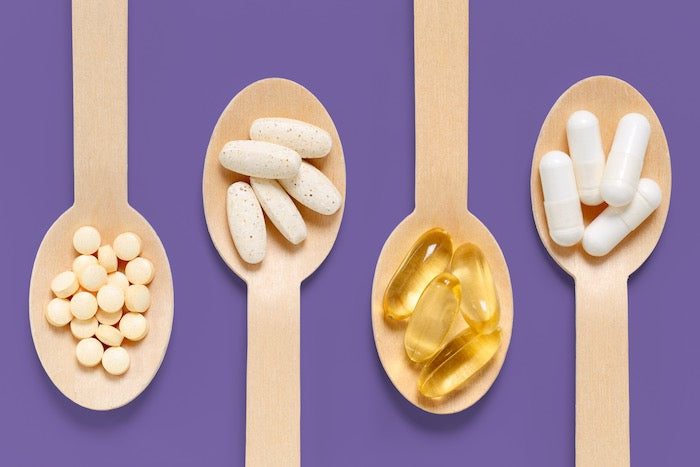

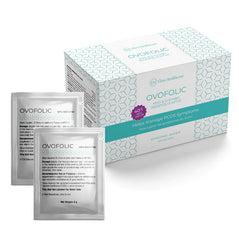

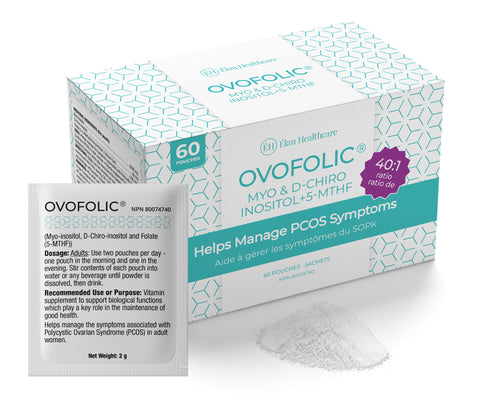
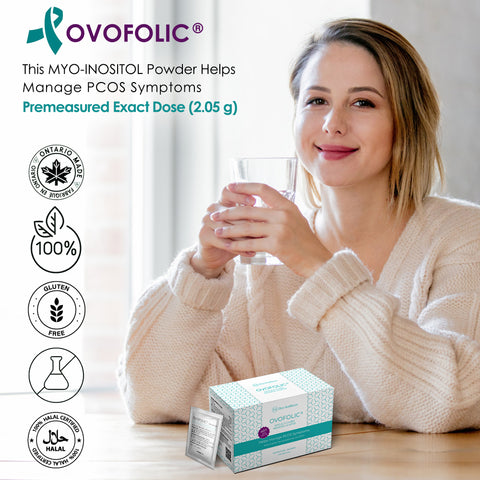
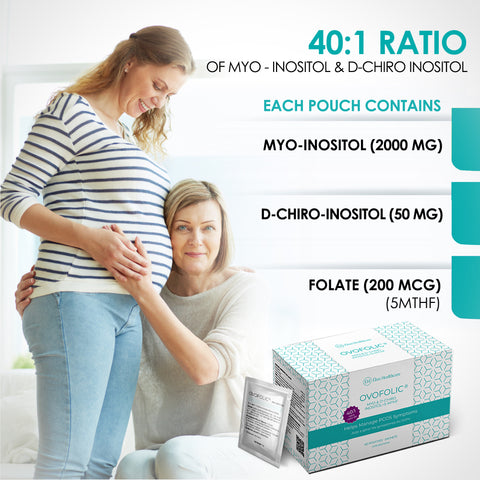
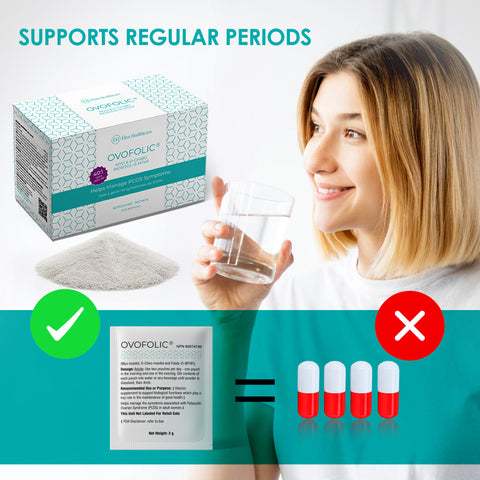
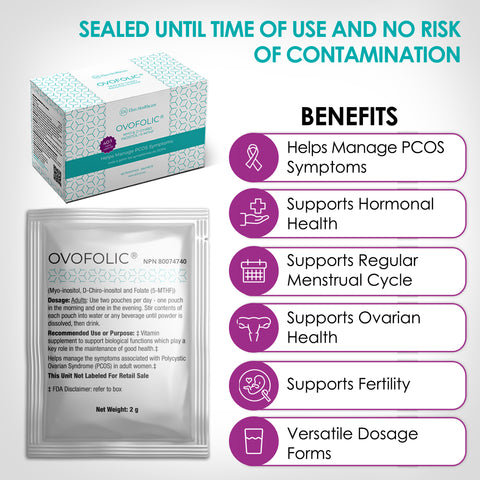
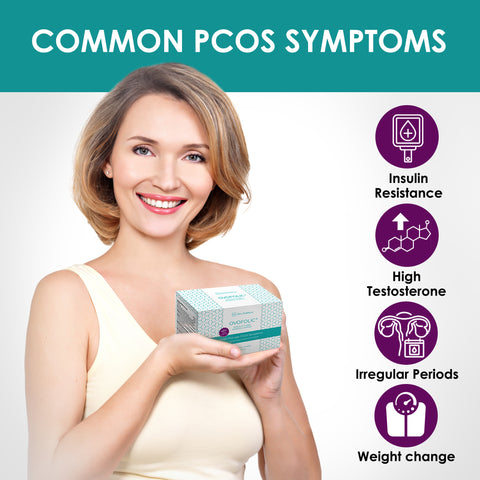
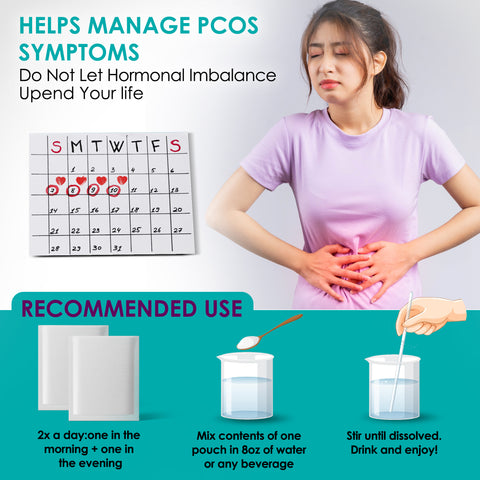
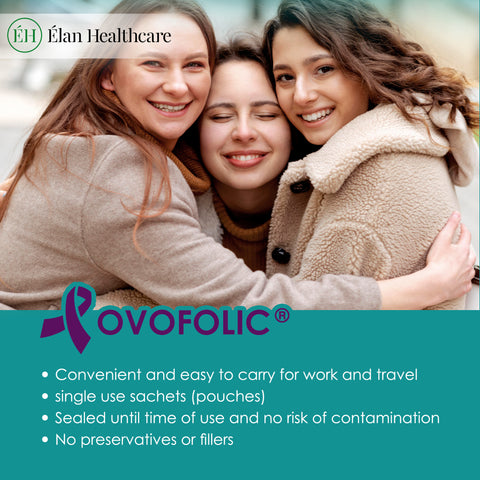
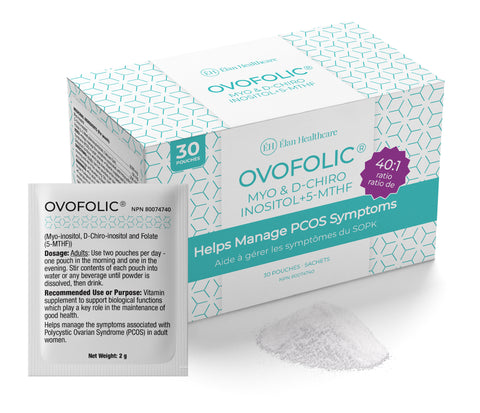
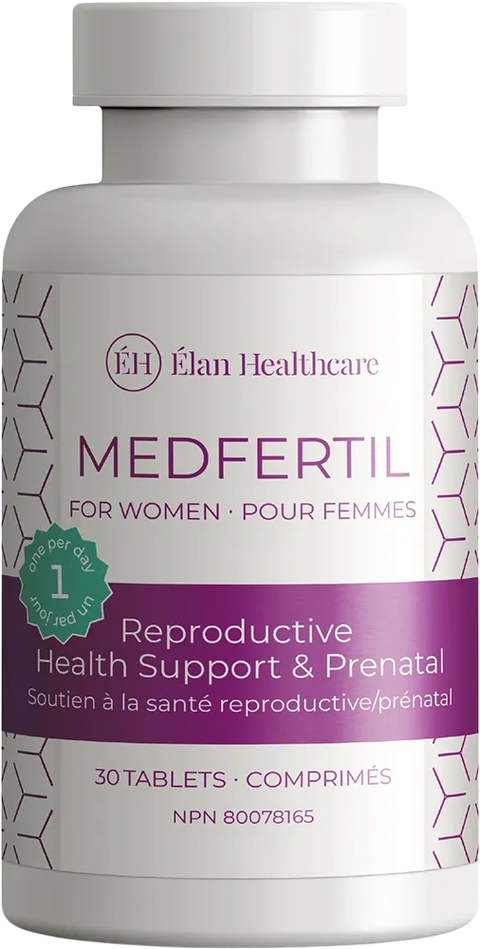
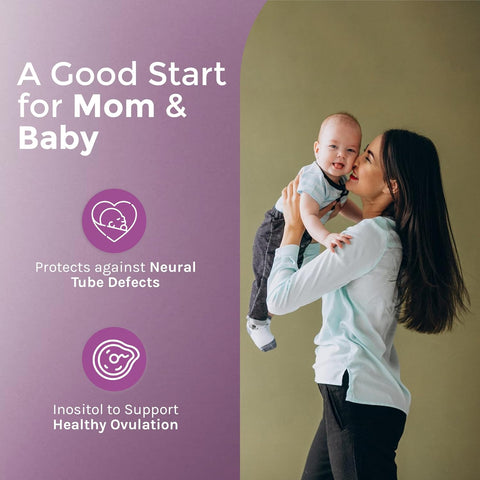
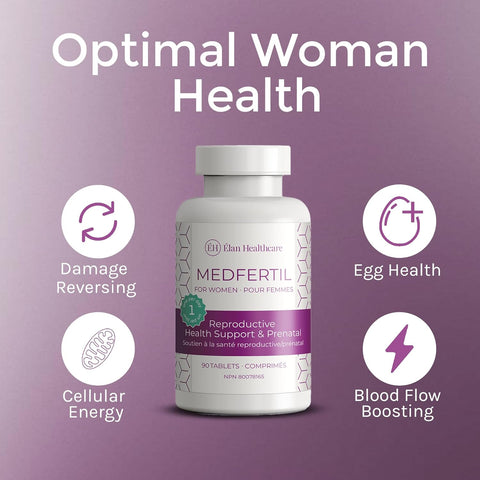
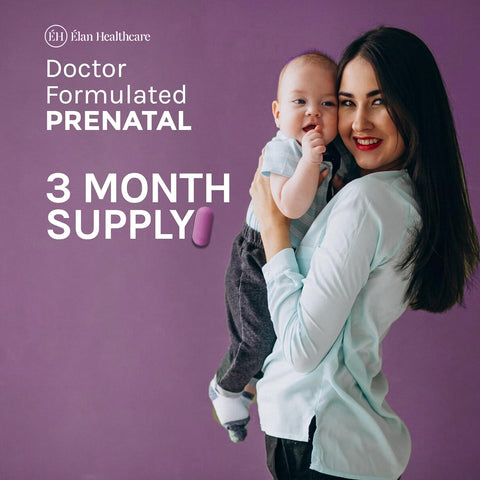
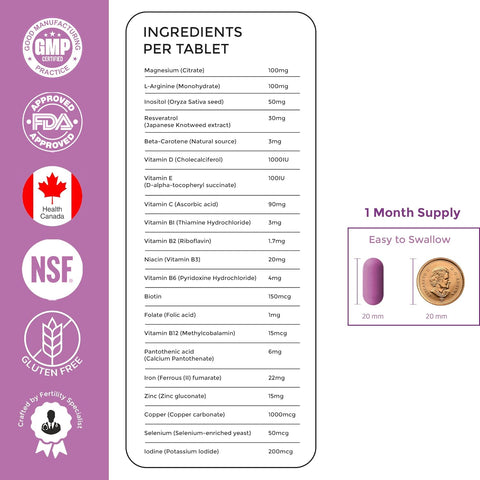
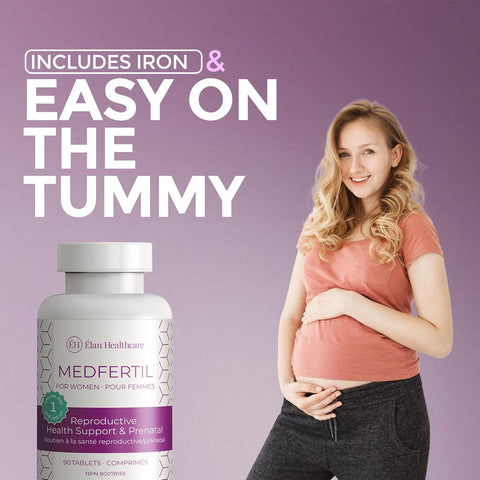










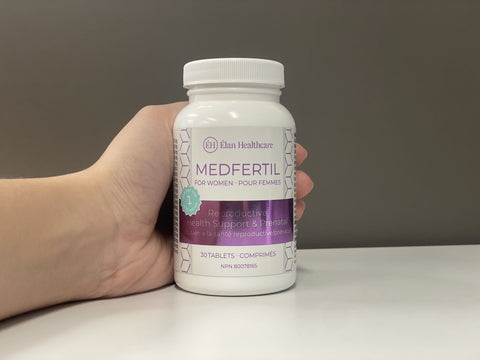
No comments yet.
There are no comments for this article. Be the first one to leave a message!
+ Open to leave a Comment